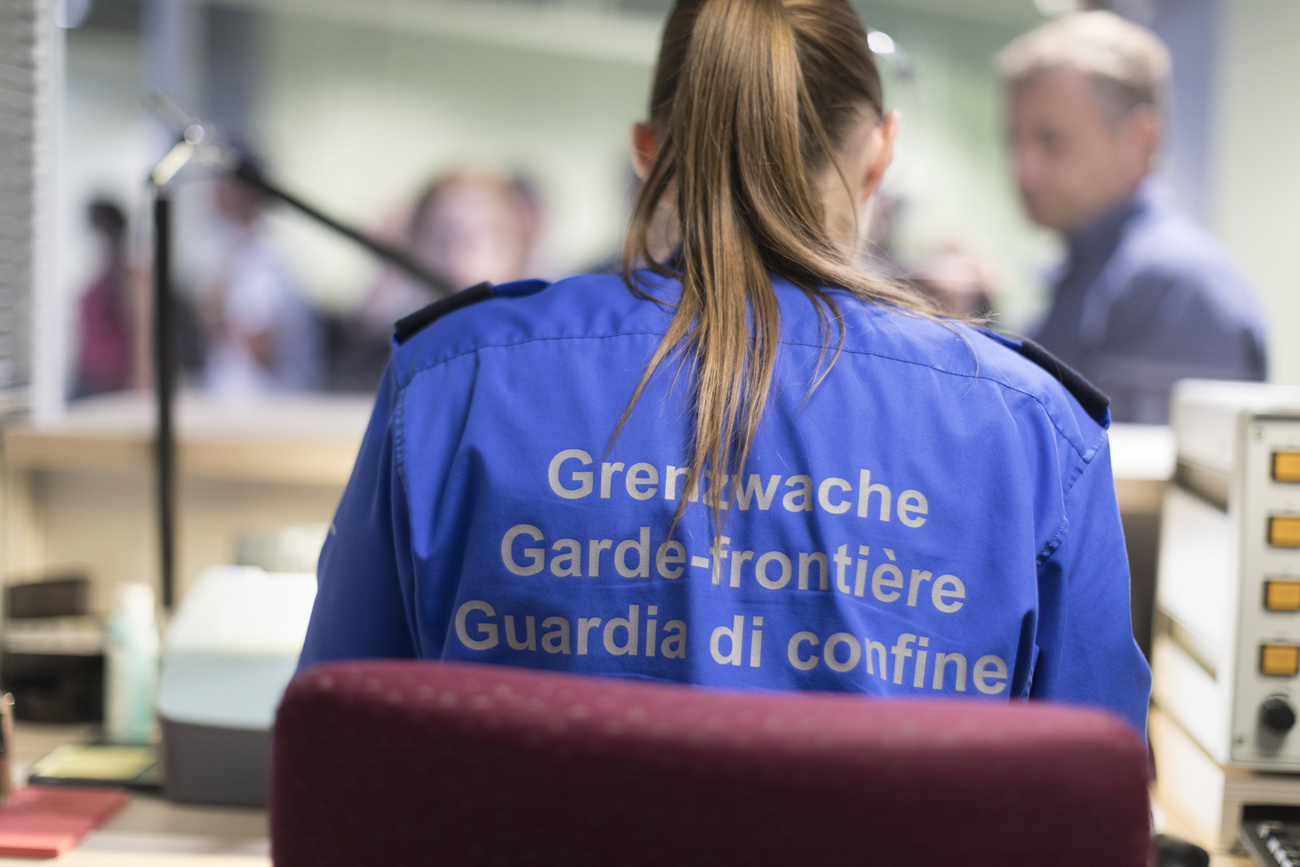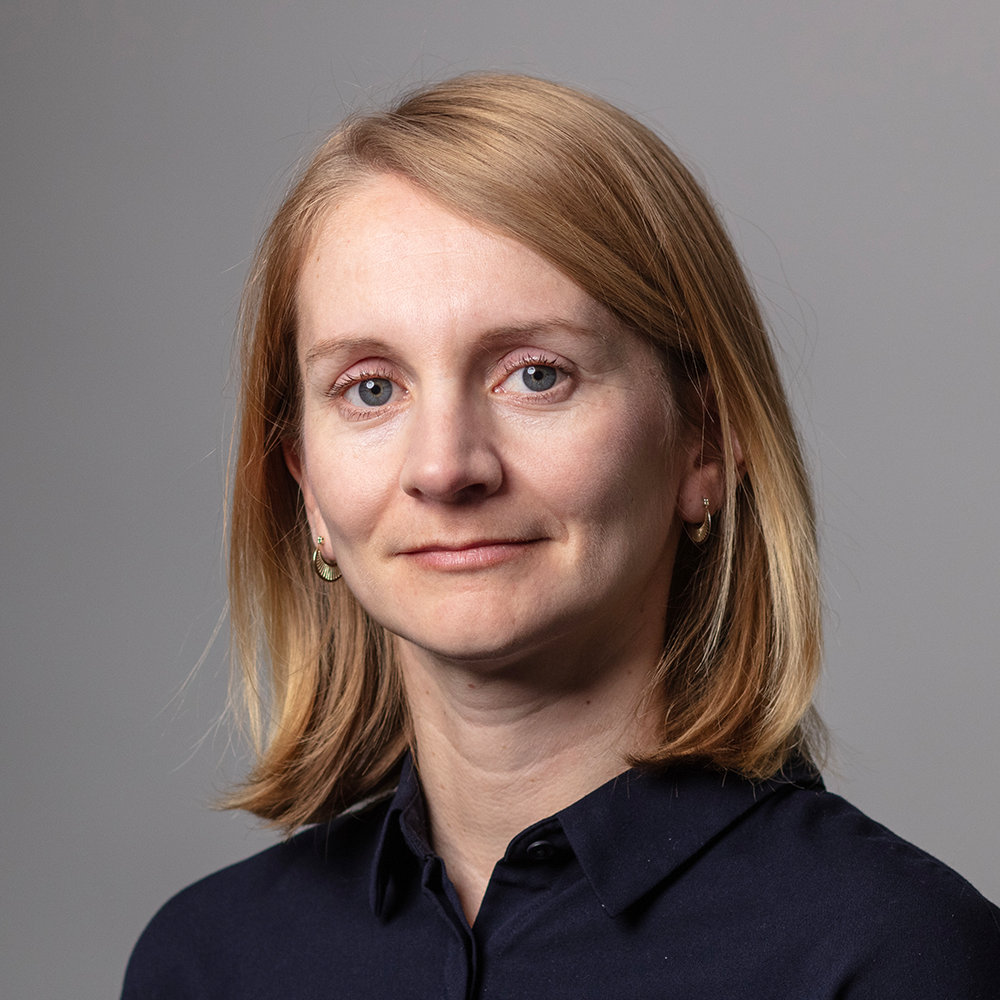
Why bilingual schools are few and far between in multilingual Switzerland

Switzerland is often seen as a model country holding together well despite having four national languages. Yet bilingual education in public schools is more the exception than the rule. This is illustrative of the kind of multilingualism that exists in Switzerland.
The current school year is due to be the last one for bilingual primary-school education in Bern. The so-called Classes bilingues (Bilingual classes, or ClaBi), where German and French are taught on an equal footing starting in kindergarten, were launched in 2019 as part of a trial. Over the last six years, the programme sparked huge interestExternal link from families in the federal capital city.
But local authorities have decided to discontinue these public-school classes from summer 2026. As a result, some 90 children will be transferred to mainstream schools, and ten teachers will be laid off.
In shuttering the programme, the city’s public education department claimedExternal link the German-Swiss and French-Swiss school curricula were incompatible and that there was a shortage of school space and specialised staff.
The decision to close the classes is “a catastrophe”, says Virginie Borel, who heads the Forum for Bilingualism in the bilingual city of Biel/Bienne. She concedes, however, that running the bilingual classes was a challenge, as “everything had to be set up from scratch”.
Despite the difficulties, however, over the past six years the bilingual classes have been a beacon of hope, and the advantages now clearly outweigh the disadvantages, says Borel. “In a bilingual school, the students discover another culture in addition to their mother tongue,” she says, “and this makes them more open and tolerant.”
Just how multilingual is Switzerland?
Switzerland is known abroad as a nation with several national languages. “This gives people the impression that the Swiss are multilingual and that bilingual schools are an established model,” says the Bern teachers’ college, PhBern.

More
What language is spoken in Switzerland?
But the reality is different, says a college spokesperson: “In everyday life, many people have little contact with other linguistic regions and their culture. This situation is ultimately also reflected in the school programmes on offer.”
Switzerland’s multilingualism is enshrined in law. Article 70 of the Federal Constitution defines the four official languages (German, French, Italian and Romansh – with some limitations).
The Languages OrdinanceExternal link, which came into force in 2010 (and revised in 2022), introduced new measures to promote exchange between the language communities, to promote Italian and Romansh in canton Graubünden, and to support the multilingual cantons.
“Linguistic diversity and its promotion are key to national cohesion,” the PhBern spokesperson stresses. Different solutions for bilingual education exist in the different cantons, and sometimes even within the same canton. “For a model to be successful, it has to have political support and be backed by communication that draws on scientific findings.” Various studies have shown the value of bilingual education.
Borel, of the Forum for Bilingualism, sees the closure of Bern’s classes bilingues as a rejection of multilingualism, which is “a cornerstone of democracy” in Switzerland. The goal, she stresses, is not to produce bilingual citizens, but to stimulate interest in another linguistic region and its culture.

More
The Swiss education system explained
Bilingual education in French-speaking Switzerland
The Institute of Multilingualism at the University of Fribourg compiled a national inventory of bilingual educationExternal link for the 2021-22 school year. Public bilingual programmes from the lowest primary-school level upwards are found mainly in the bilingual cantons of Bern and Fribourg, and in other French-speaking cantons, such as Neuchâtel and Geneva.
In Graubünden, northeastern Switzerland, bilingual education in German and Romansh is widespread. More programmes are on offer for older pupils, from lower secondary school upwards. It is striking, meanwhile, that in French-speaking Switzerland bilingual education is mainly German-French, while in the German-speaking parts of the country, English is the first language for immersion teaching.
No long-standing tradition
Bilingual classes or schools have no historical tradition in Switzerland. The only officially bilingual city in Switzerland is Biel/Bienne, in canton Bern, where street signs are in both German and French. Yet, even here, a bilingual schoolExternal link has only existed since 2010, and most children still attend either a German-language or a French-language school.
“Bilingual or immersive education began in our wider cultural sphere in Canada in the mid-1960s,” says Daniel Elmiger, an associate professor of linguistics and foreign-language teaching at the University of Geneva. Even back then, he adds, there were some comparable models in Switzerland. Since the 1990s, many new programmes have been introduced at all school levels.
“So it seems to me that we can already speak of a tradition, although it does not go back as far as in other places,” Elmiger says. Various forms of bilingual and multilingual education have long existed, he explains, for instance in multilingual cantons such as Graubünden and Fribourg, and in specific fields, such as theology, where Latin long played a central role, and in the hotel and tourism industries.
French under pressure in German-speaking Switzerland
Current discussions about the place of French in compulsory schooling show that multilingualism is a recurring subject of debate in Switzerland. In early September, Zurich’s cantonal parliament decided to scrapExternal link the teaching of French in primary schools, a programme known as “early French”.
The decision reignited the debate over the early teaching of French, and the canton of St Gallen followed suitExternal link shortly afterwards with a similar decision. Cantons Appenzell Inner Rhodes and Uri had never even implemented a programme for “early French”.
Federal culture minister Elisabeth Baume-Schneider, who hails from the bilingual canton of Bern, is in favour of teaching FrenchExternal link in primary school. She has brought the issue to the Federal Council, the government’s executive body, which is now pushing ahead with a new lawExternal link that would make French compulsory in primary school.
Borel, from Biel/Bienne, also believes it is time to act: “Our society works well because we have several languages and identities. But that doesn’t just happen by itself. We have to make it work.”

In most German-speaking cantons, English is the first foreign language to be taught in schools, followed by French. In the French-speaking regions, meanwhile, children start German first – and the trend is actually towards more German teaching, the Swiss public broadcaster SRFExternal link reports.
In Graubünden, the first compulsory additional language is German, Italian or Romansh, depending on the part of the canton, while in Italian-speaking Ticino it is French.

In a new study, around 77% of respondents in Switzerland believe that another national language should be learnExternal linked as the first additional language at school.
Over 85% believe that mastery of several national languages strengthens Switzerland’s cohesion. Among young people under 24, however, only a third want to learn another national language as their first additional language.
Edited by Balz Rigendinger. Adapted from German by Julia Bassam/gw

More
English as a common language in Switzerland: a positive or a problem?

In compliance with the JTI standards
More: SWI swissinfo.ch certified by the Journalism Trust Initiative































You can find an overview of ongoing debates with our journalists here . Please join us!
If you want to start a conversation about a topic raised in this article or want to report factual errors, email us at english@swissinfo.ch.